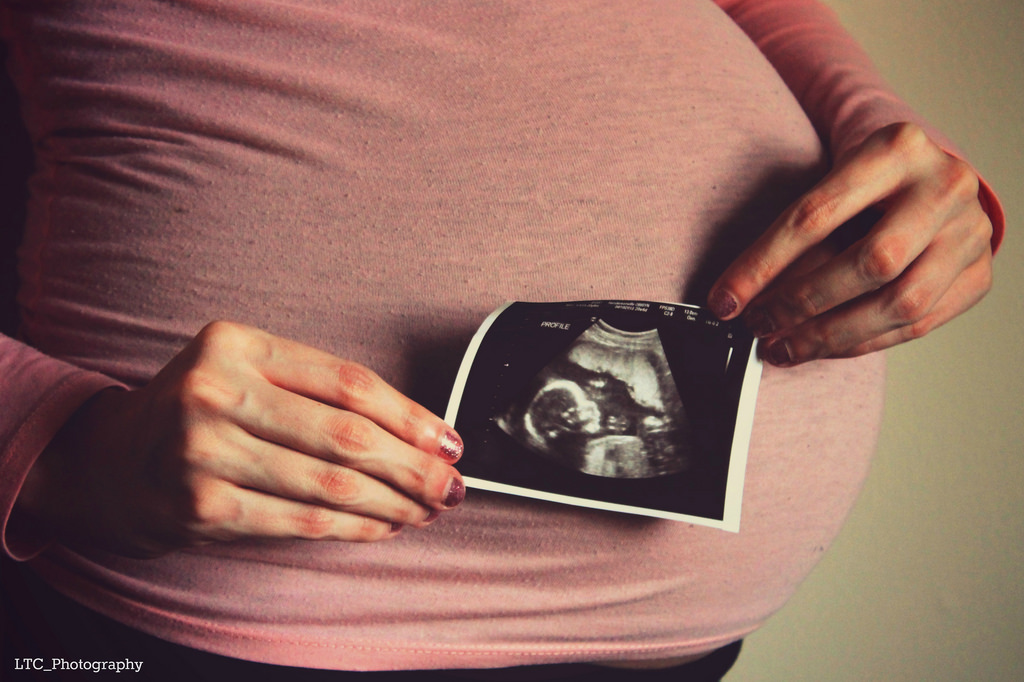A new study suggests that a soy-rich diet may improve fertility in women undergoing infertility treatment. How? Researchers hypothesize that soy products may help to offset the the harmful effects of bisphenol A or BPA.
Just to review, bisphenol A (BPA) is a chemical found in many types of food storage containers, including polycarbonate plastic water bottles and can liners. In the human body, BPA mimics the action of estrogen and has been linked to certain reproductive disorders and may negatively affect fertility.
This study included 239 women, aged 18 to 45, who underwent at least one in-vitro fertilization (IVF) cycle. The researchers observed that higher levels of BPA were associated with lower rates of pregnancy. However, this effect was observed most clearly in the women with diets low in soy products. In women who ate diets higher in soy foods, the soy products seemed to counteract the effects of BPA. Those with higher soy intake had higher rates of embryo implantation and more live births than those women with diets lower in soy products.
Women undergoing infertility treatment are typically told to avoid possible exposure of BPA. Unfortunately, BPA is ubiquitous; according to data from the U.S. Centers for Disease Control and Prevention, 96 percent of Americans have detectable BPA in their bodies. Further research is required to replicate these findings and to fully understand the effects of soy products; however, this is exciting in that this is a relatively benign intervention that may have significant results.
Ruta Nonacs, MD PhD
Chavarro JE, Mínguez-Alarcón L, Chiu YH, Gaskins AJ, Souter I, Williams PL, Calafat AM, Hauser R; EARTH Study Team. Soy Intake Modifies the Relation Between Urinary Bisphenol A Concentrations and Pregnancy Outcomes Among Women Undergoing Assisted Reproduction. J Clin Endocrinol Metab. 2016 Jan 27. [Epub ahead of print]
Read More:
Soy May Counter BPA Effects in Women Having IVF (WebMD)








Leave A Comment